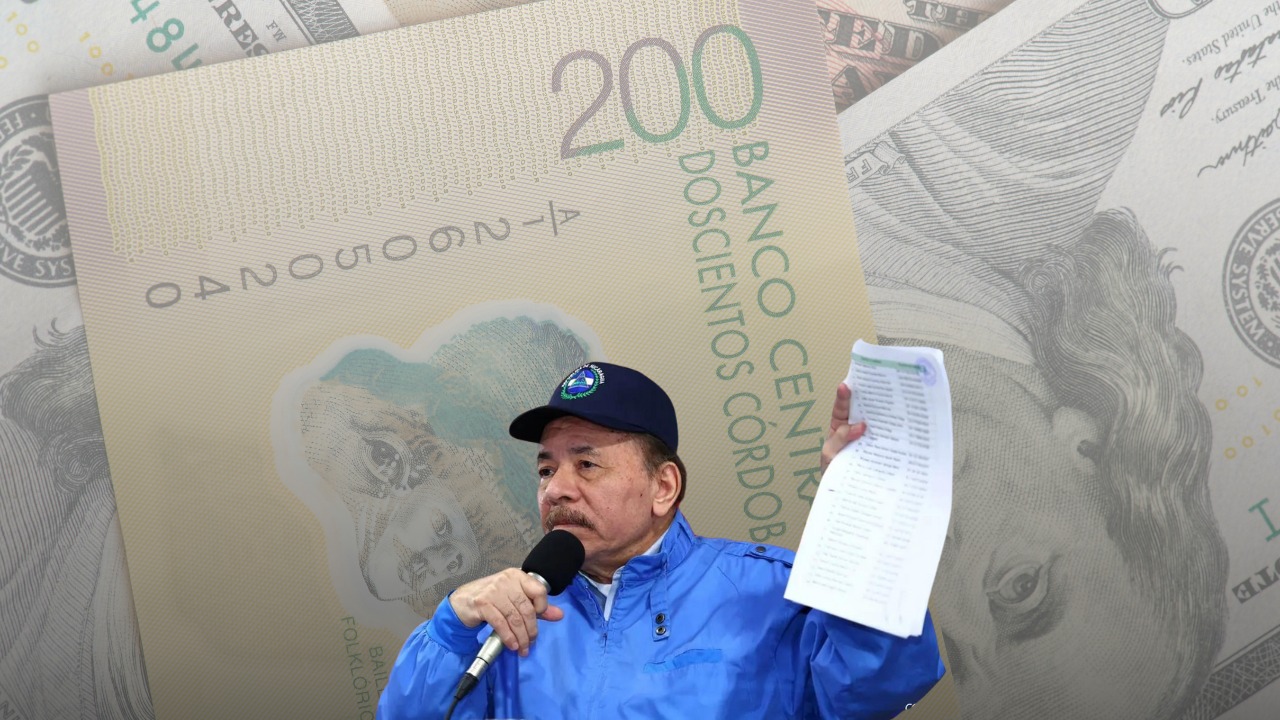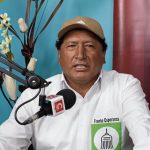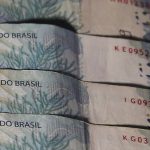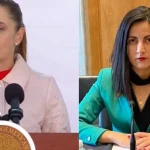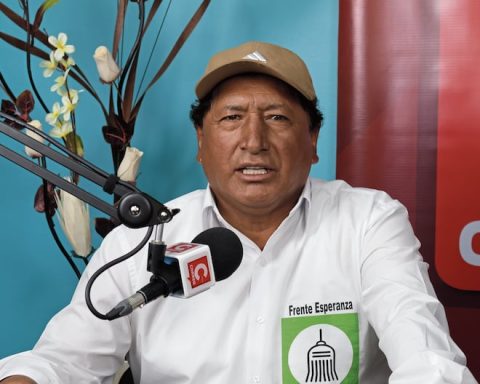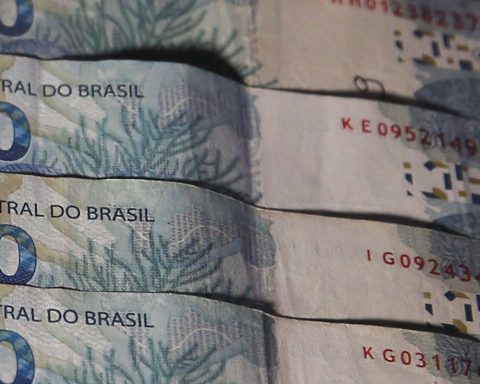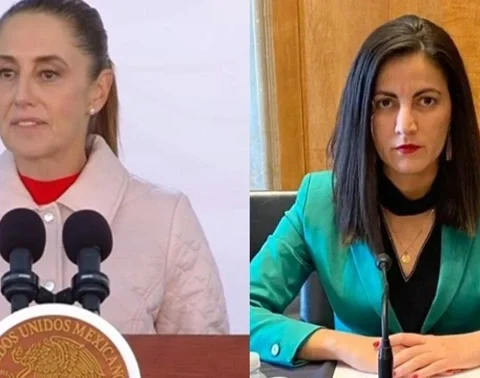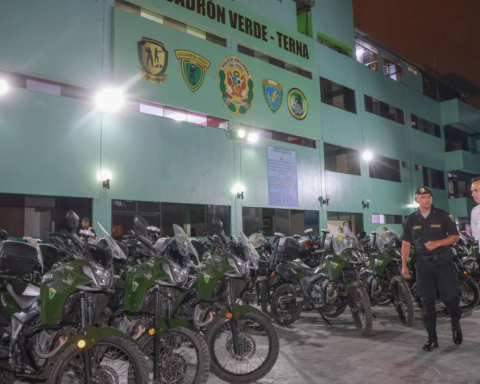The president of Nicaragua, Daniel Ortega, presented a law to control the work in the country of organizations, cooperation agencies and diplomatic missions, according to a document disseminated by Nicaraguan media in exile, and to which AFP had access.
The initiative was delivered to Congress, dominated by the ruling party, as part of a series of laws that accompany a constitutional reform, approved last Friday, which gives Ortega and his wife Rosario Murillo absolute power of the Nicaraguan State.
International cooperation “must have the consent and authorization of the government, both initially and in its implementation,” the bill indicates.
It also determines that the work of these organizations “will be carried out without political, economic, social or cultural conditions,” respecting “national sovereignty, independence and self-determination.”
The regulations expressly prohibit any type of “interference in the internal affairs” of Nicaragua.
International cooperation “must be in accordance with national priorities and aligned with national plans, programs and strategies established by the government,” the document highlights.
With this reform, Ortega further strengthens his control over international entities after reforming the laws on “Foreign Agents” and “Control of Non-Profit Organizations” in which it establishes that NGOs must only work in “association alliances” with state entities.
More than 5,300 organizations have been closed by the government since the protests against them in 2018, which according to Ortega and Murillo were supported by NGOs and the Catholic Church, dozens of whose clerics were imprisoned and expelled to the Vatican, the United States and other countries.
Related news: Cancels legal personality of Fundación Ficohsa, Plan Internacional and 13 other Nicaraguan NGOs
Ortega, a 78-year-old former guerrilla who ruled Nicaragua in the 1980s and has been in power since 2007, maintains that the protests, which the UN says left more than 300 dead, were an attempted coup d’état sponsored by Washington.
Thousands of Nicaraguans went into exile and some 450 politicians, businessmen, intellectuals and artists were stripped of their nationality in recent years, accused of “treason to the country.”
